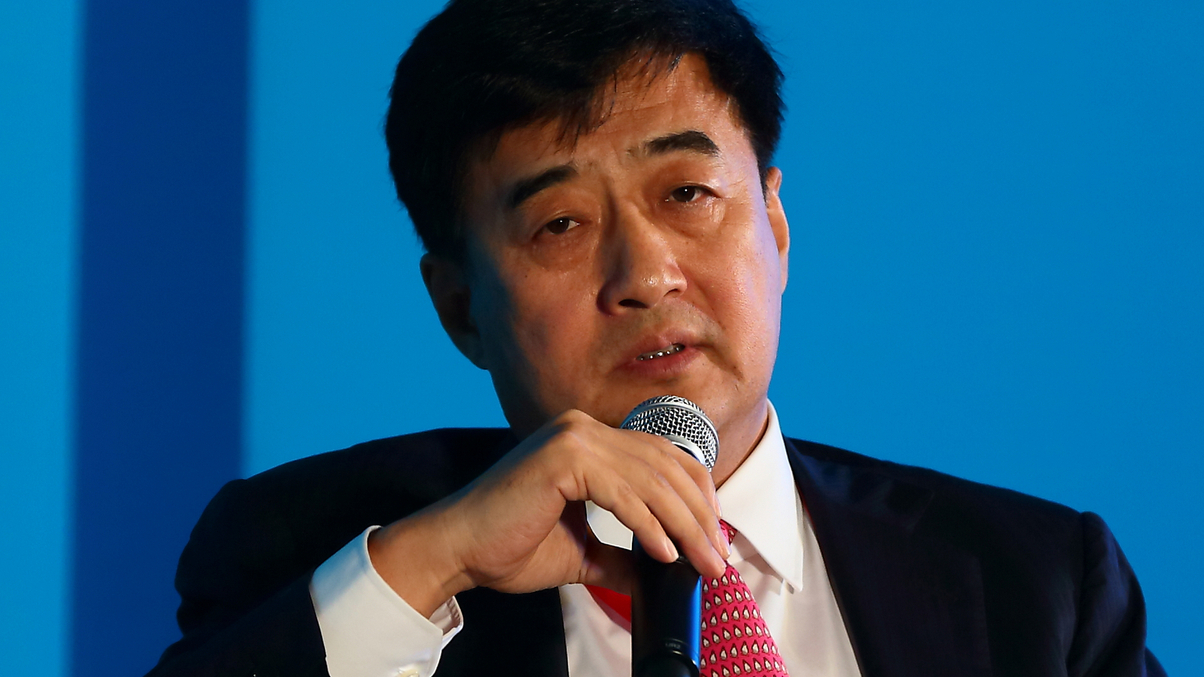ICBC, Citic, PICC agree: regulate asset management
China's asset management free-for-all harbours risks which need to be tackled with new rules, senior executives have said. They want the responsibilities and liabilities to be harmonised and explained.

Tighter rules governing China’s asset management industry are needed because of the regulatory vacuum firms are operating in, a group of senior officials said.
Sign in to read on!
Registered users get 2 free articles in 30 days.
Subscribers have full unlimited access to AsianInvestor
Not signed up? New users get 2 free articles per month, plus a 7-day unlimited free trial.
¬ Haymarket Media Limited. All rights reserved.


